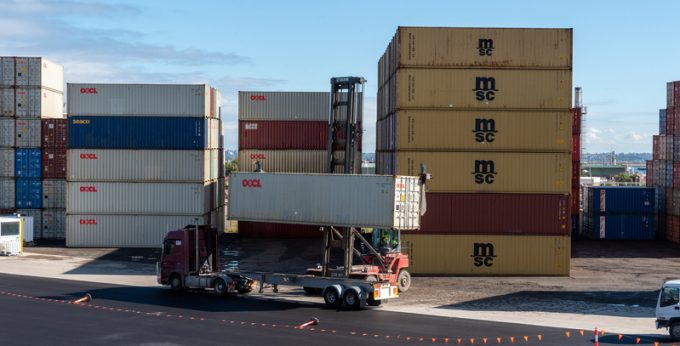'That's the Expeditors' way' – the latest Q&A soliloquy
Expeditors’ reputation for staff well-being and retention – which looks set to come under pressure ...

Australia’s Omicron wave has skyrocketed staff shortages in container logistics, putting the sector under “enormous strain”.
This week, local media reported bare supermarket shelves across the country, due to “up to half” of all truck drivers being absent from work, thanks to either a positive test result or isolation rules.
Industry sources say the country’s testing rules, combined with a lack of test kits for transport workers, is at the root of the disruption to supply chains.
According to Michael Kaine, national secretary ...
Trump tariffs see hundreds of cancelled container bookings a day from Asia
'Disastrous' DSV-Schenker merger would 'disrupt European haulage market'
'To ship or not to ship', the question for US importers amid tariff uncertainty
'Chaos after chaos' coming from de minimis changes and more tariffs
List of blanked transpac sailings grows as trade war heats up and demand cools
EC approves DSV takeover of DB Schenker
Shippers in Asia restart ocean shipment bookings – but not from China
Forto 'sharpens commercial priorities' as it lays off one-third of staff
India withdraws access for Bangladesh transhipments, in 'very harmful' decision
'Tariff hell' leaves industries in limbo – 'not a great environment to plan'
IndiGo fleet expansion plan will include a major push to boost cargo volumes
Pre-tariff rush of goods from US to China sees air rates soar, but not for long

Comment on this article